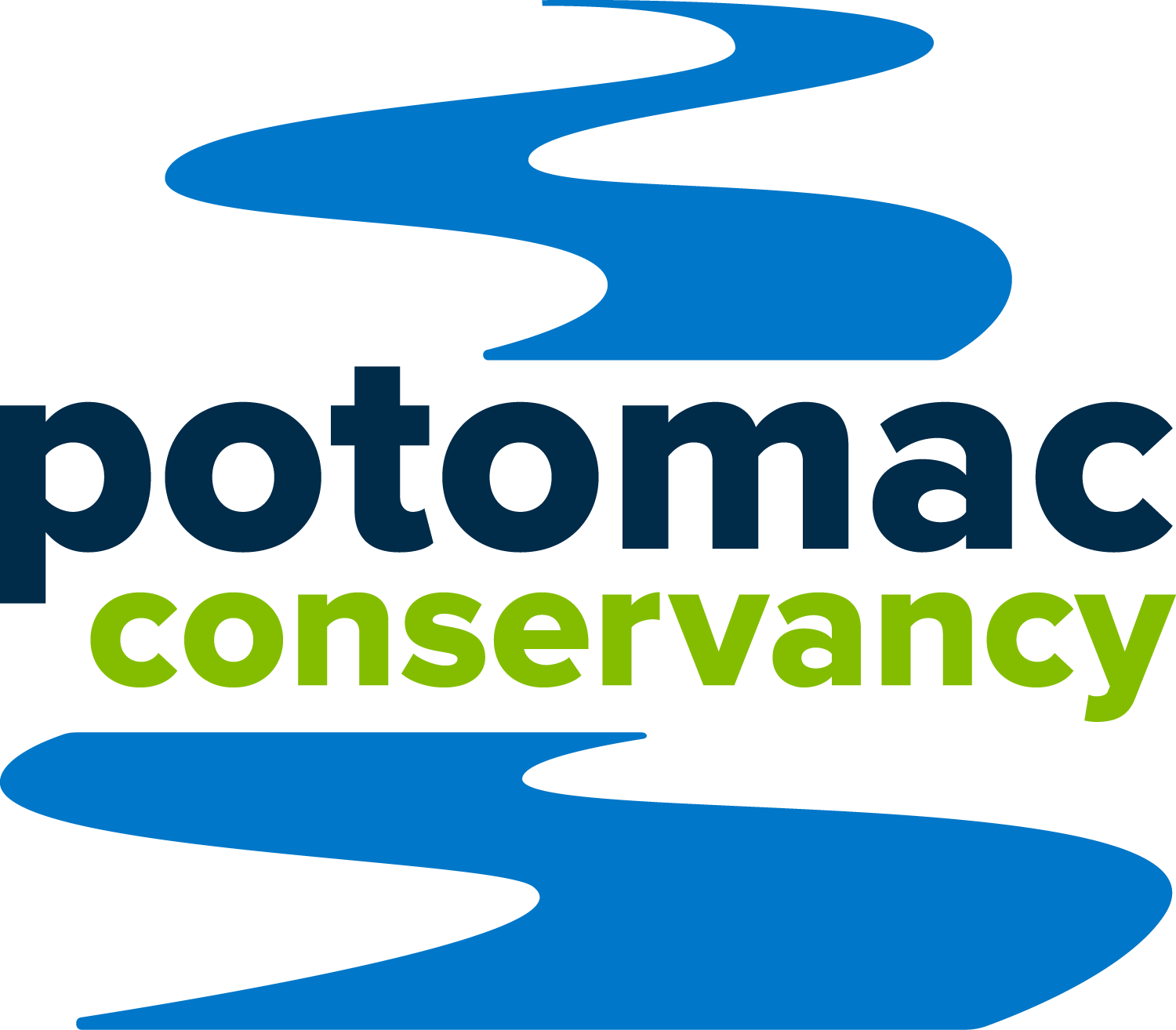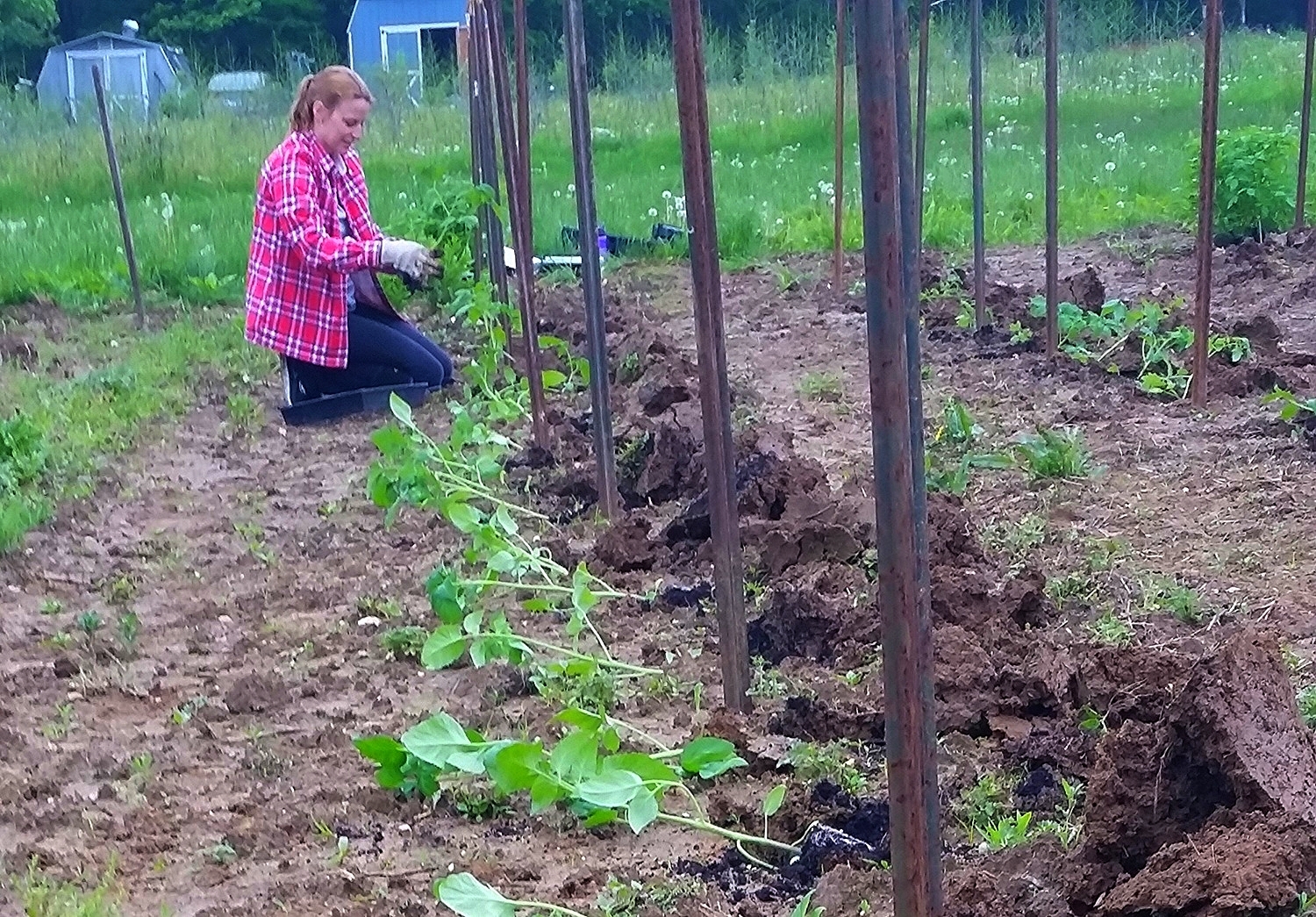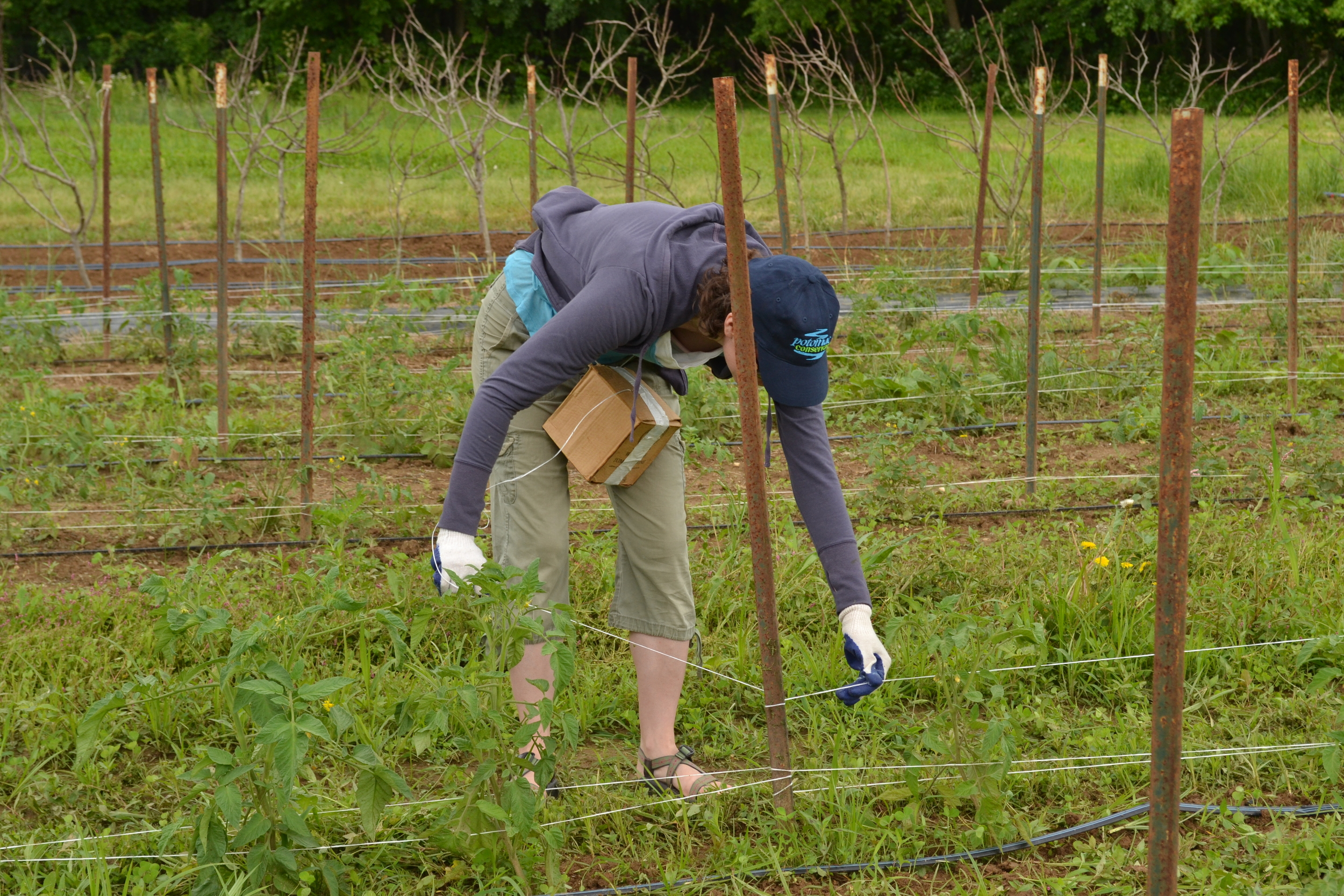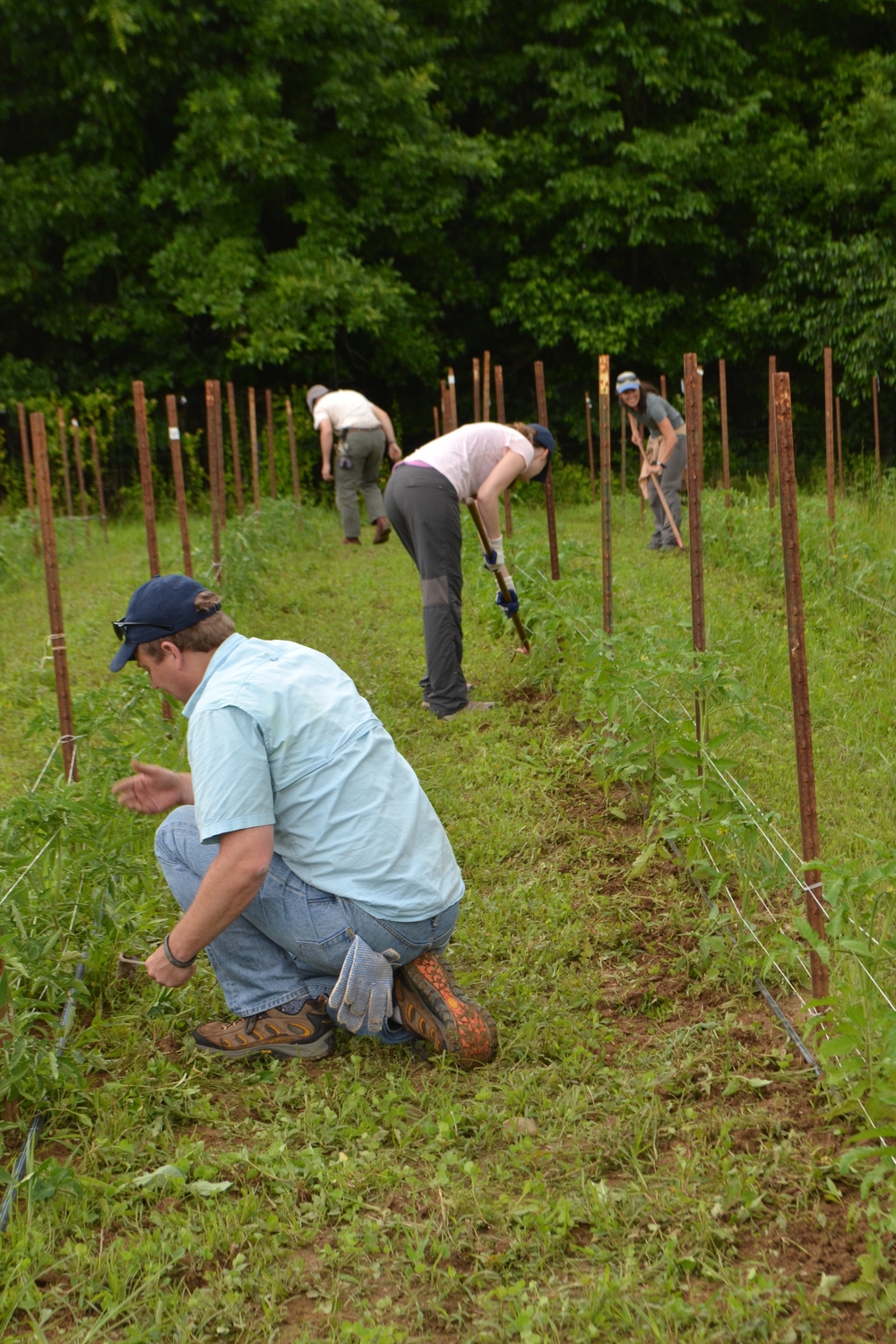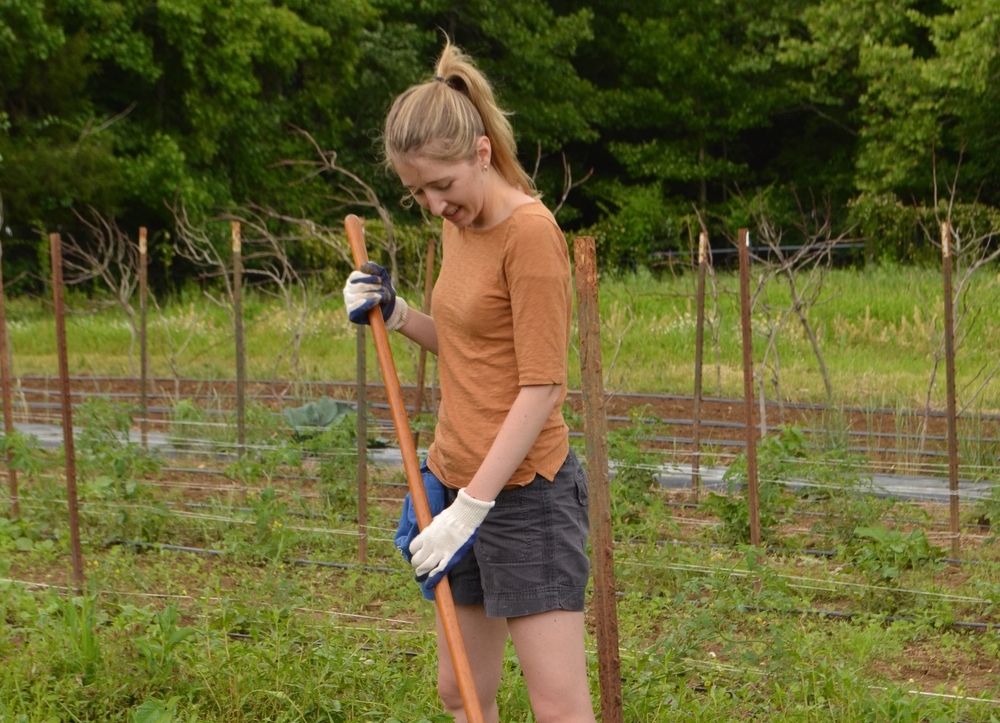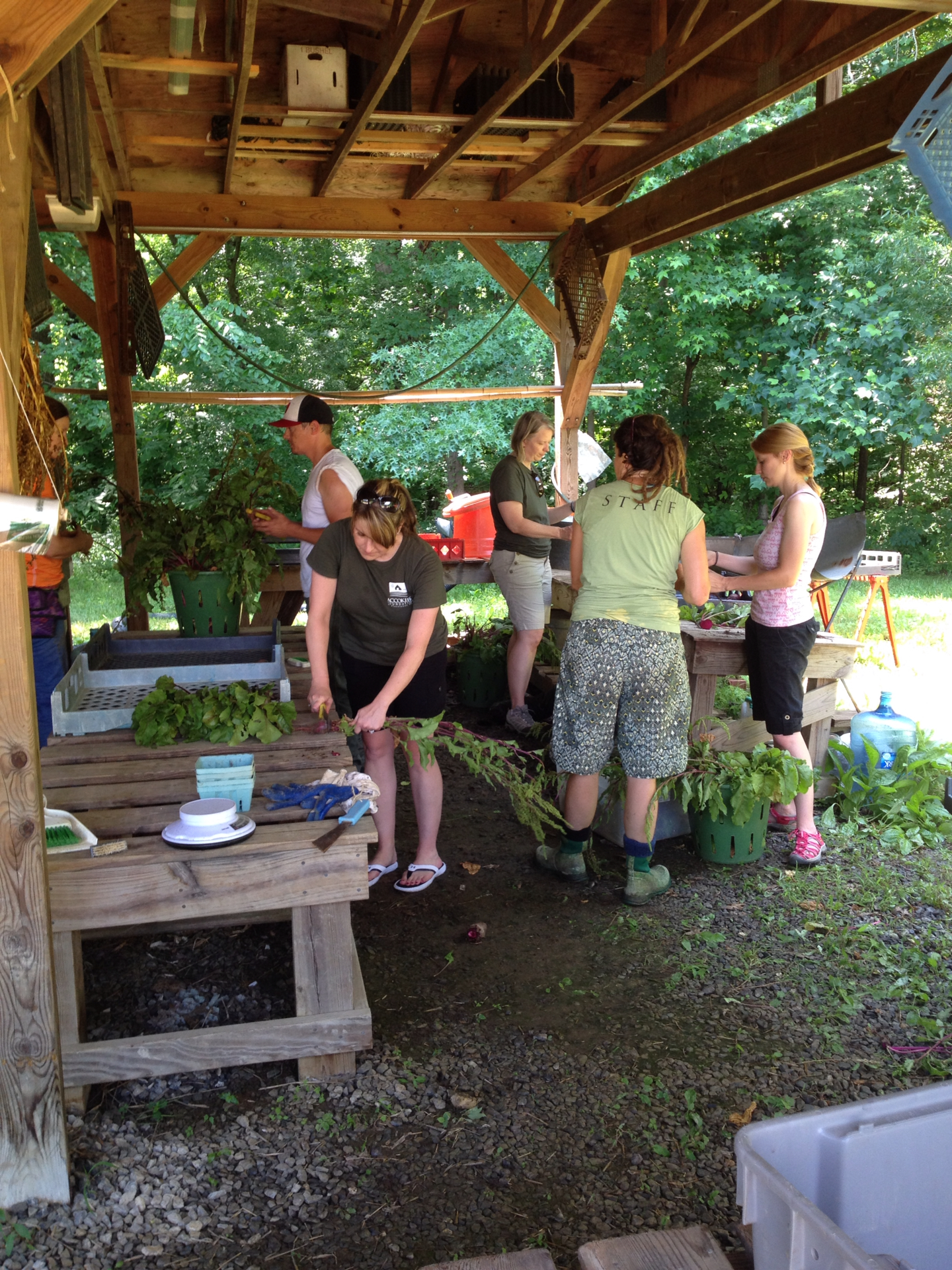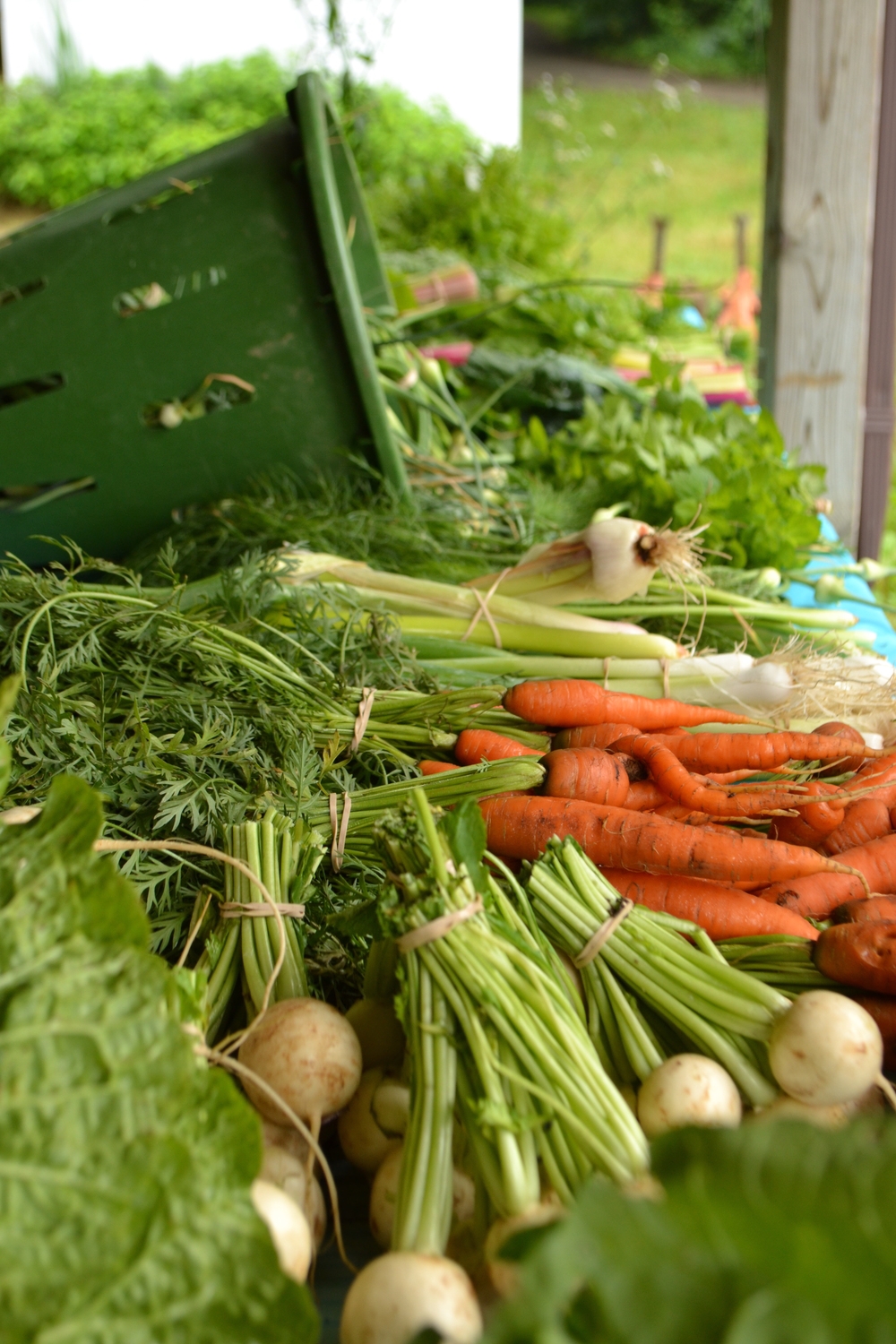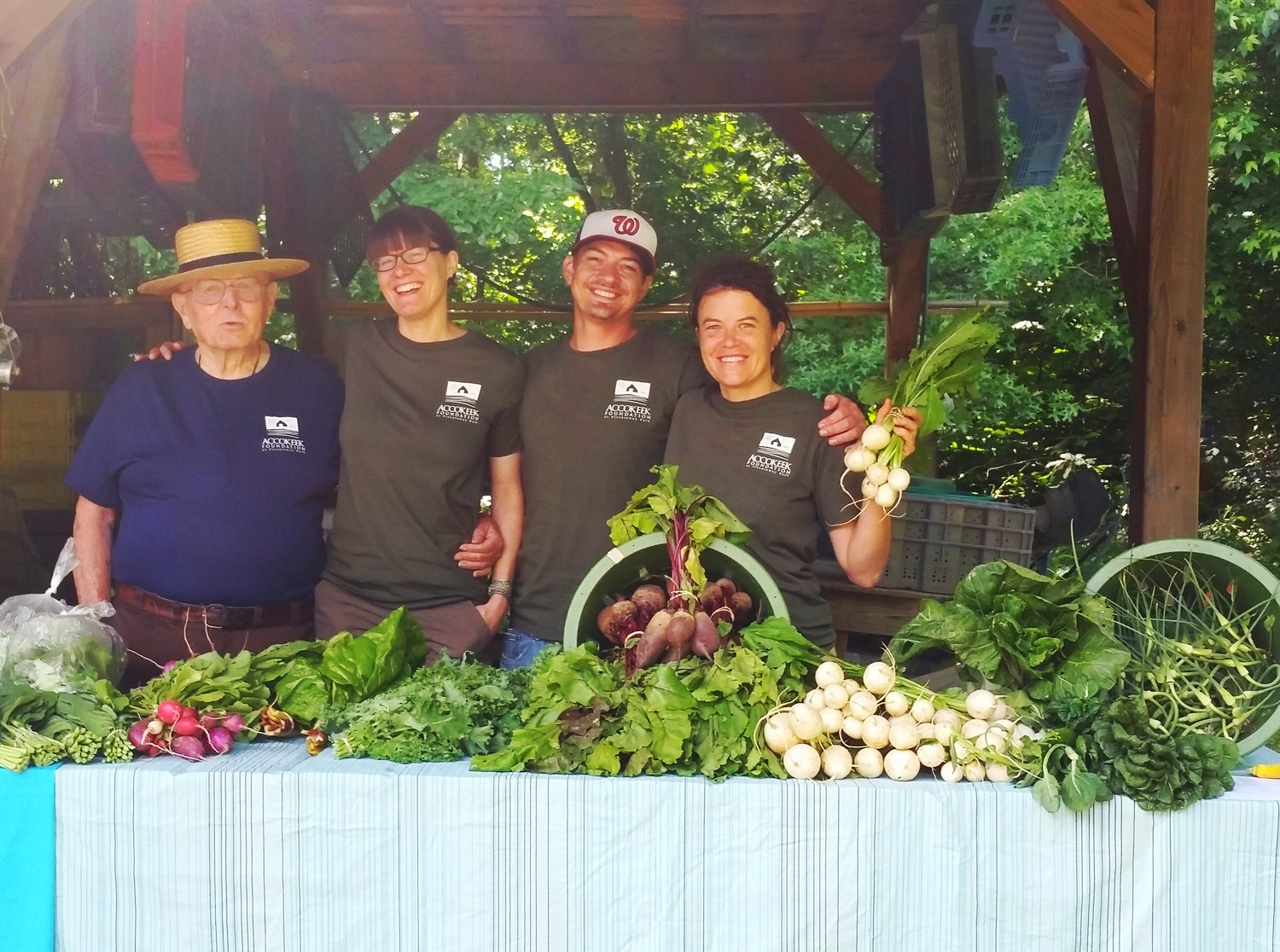A Return to the River
/Today's post comes to us from Casey Lowe, Volunteer and Membership Coordinator at the Accokeek Foundation. Take a journey with Casey as she relives her childhood memories on the Chesapeake and discovers new meaning in the waters and lands of Maryland's Piscataway Park.
Casey Lowe, Volunteer and Membership Coordinator at the Accokeek Foundation
Growing up in Maryland, the onset of summer meant one very important thing to my family - it was time to return to the river. I spent my entire childhood exploring the Chesapeake and her waterways - taking the boat to the disappearing Dobbins Island to raft for the day; crabbing off of the dock with my brother and catching nothing but soggy chicken and some unfortunate sea nettles; taking the canoe out to explore those hidden places at the end of the creek the boat couldn’t reach; or enjoying a chat with my mom on the pier only to be joined by a Great Blue Heron that seemed unbothered by our company.
The river was central to my summer, and runs steadily and unfailingly through my earliest memories. While that time seems to last forever in my mind, as I got older, we began to drift away from our life on the water. After college, with summer vacations a thing of the past, summer seemed to pass as a blip on the radar - just a couple months where my commute to work was hot and sticky and my days off were often spent enjoying the AC.
But today I find myself in a place where summer, and the river, represent more than just vacation and recreation - they represent life in all its abundance.
In the fall of 2012 I began working at the Accokeek Foundation, a nonprofit in Southern Prince George’s County whose mission is to cultivate passion for the natural and cultural heritage of Piscataway Park and commitment to stewardship and sustainability.
As part of its mission, the Accokeek Foundation operates the Robert Ware Straus Ecosystem Farm. The Ecosystem Farm is a certified organic, solar-powered, educational farm that has been farmed with intentional innovative practices to regenerate its challenging soils. On the Potomac River across from George Washington’s Mount Vernon, it is a unique place where I have come to appreciate the incredible relationship between the waterways of my youth and the local farms that I am just now discovering.
During my first summer at the foundation, summer began to take on a new meaning for me - it was a time of growth, and a time for growing food. Fresh, delicious, straight-off-the-plant food. Food that had been planted and tended by friends - both co-workers and volunteers (and even sometimes by myself) - and was that much more delicious for knowing the dedication that went into it. I found myself eating vegetables I had never given much thought to and feeling sadness at having tasted them for the first time so late in life. Each week’s harvest brought new smells and tastes that quickly became defining characteristics of the season. My summers on the river were slowly being replaced by summers on the farm.
But it turned out to be not so black and white. As I learned more about the farm, I began to be aware of the connection the farm has to the Potomac, a connection much deeper than proximity and a beautiful view. The relationship between farm and river is multifaceted and each has something to contribute to the other’s survival. Each spring, the farm manager, Holli, wades out into the Potomac to re-install the solar-powered river pump that will irrigate the crops for the season. In turn, she uses practices that will nourish the river as the river nourishes the farm. Riparian buffers between the fields and the river act as a filter catching run-off; cover crops help prevent run-off as well as erosion; and responsible use of organic fertilizers help keep unwanted nutrients out of the waterway.
As I sat kneeling in the fields weeding tomato plants with the staff of Potomac Conservancy, I felt a sense of pride knowing that at that moment the very real work we were doing would not only help feed the community, but would also help save the river that is so much a part of me. Pride that when it came time for market, others would be able to explore this unique piece of land as well. Because for me, the farm has become a place as special as the river, and as integral to the way I experience this season.
Visit the Ecosystem Farm & Market
Open every Saturday for an On-Farm Market from 10 AM to 2 PM, the Ecosystem Farm hopes to provide this experience to as many people as possible. Shop for your favorite veggies at the market, then join farmer Holli for a tour of this truly unique space. And don’t forget to admire the view of the Potomac before you leave.

